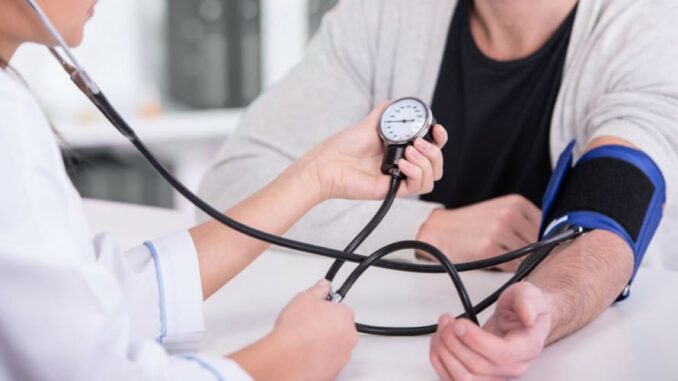
Health screening tests are an important part of preventive care and can help identify medical conditions and diseases before they become more serious. By detecting health issues early on, health screening tests can help people make lifestyle changes or begin treatment to prevent more serious health problems down the road.
Typically done in health screening clinics, these medical tests are performed on people who don’t have any symptoms but may be at risk of developing a disease. The goal of health screening tests is early detection and prevention of potential issues, which can help people reduce their risk of developing more serious health problems in the future.
Health screening tests are not typically used as diagnostic tests, but instead, they help to identify people who should have additional testing to determine if they have a particular condition or disease. In other words, health screening tests can help identify people who have higher risks of developing certain medical conditions and help them get the care they need to stay healthy.
Some of the common health screening tests done in health screening clinics include screening for cholesterol levels, blood glucose levels, and blood pressure. Other screening tests may include screening for cancer, HIV, and other infectious diseases.
It’s important to talk with your doctor about which health screening tests are right for you. Your doctor can help you determine which tests are necessary based on your age, health history, and family history. In some cases, your doctor may recommend a health screening test even if you don’t have any symptoms of a particular condition or disease.
Health screening tests can help you identify potential health issues before they become more serious. By detecting health issues early on, health screening tests can help you make lifestyle changes or begin treatment to prevent more serious health problems down the road.
Common Health Screening Tests
Screening tests are an important part of maintaining good health. They can help identify potential health problems early on, making them easier to treat and potentially saving lives. While there are a number of different screening tests available, there are some that are more common than others.
Cholesterol Measurements
Cholesterol measurements are one of the most common screening tests available. The test measures the amount of cholesterol and other lipids, or fatty substances, in the blood. This information can be used to help assess a person’s risk of developing heart disease and other health problems.
Fecal Occult Blood Test
Another common screening test is the fecal occult blood test. This test looks for hidden blood in the stool, which can be an indicator of certain digestive and gastrointestinal disorders.
Pap Smears / Pap Test
The Pap test, also known as a Pap smear, is another common screening test. This test looks for changes in the cells of the cervix that may indicate the presence of cancer cells. This test is typically done on women and is recommended every three years starting at age 21.
Prostate Specific Antigen (PSA)
The prostate specific antigen (PSA) test is another common screening test. This test measures the level of a protein produced by the prostate, which can be an indicator of prostate cancer. The PSA test is usually done on men, and is recommended yearly beginning at age 50.
Mammography
Mammography is another common screening test. This test looks for changes in the breast tissue that may indicate the presence of cancer. Mammography is typically recommended yearly starting at age 40.
Colonoscopy
Lastly, a colonoscopy is a common screening test. This test looks for polyps, which are abnormal growths in the large intestine, or colon. A colonoscopy is typically recommended every 10 years beginning at age 50.
